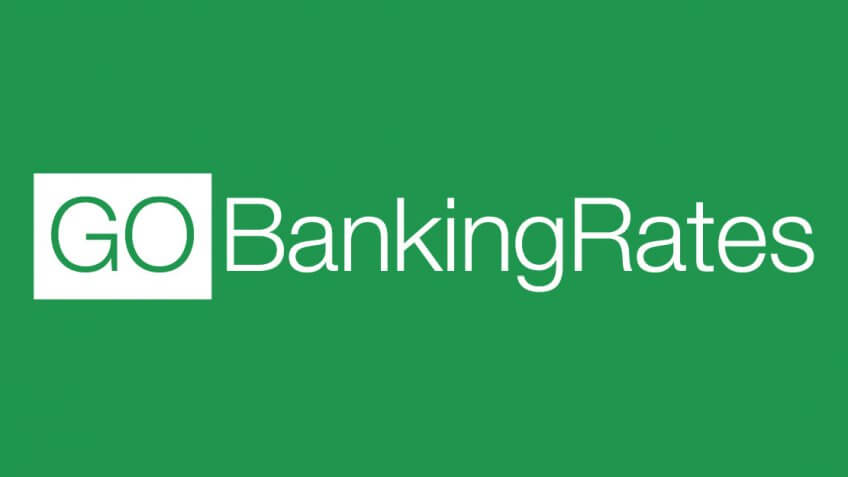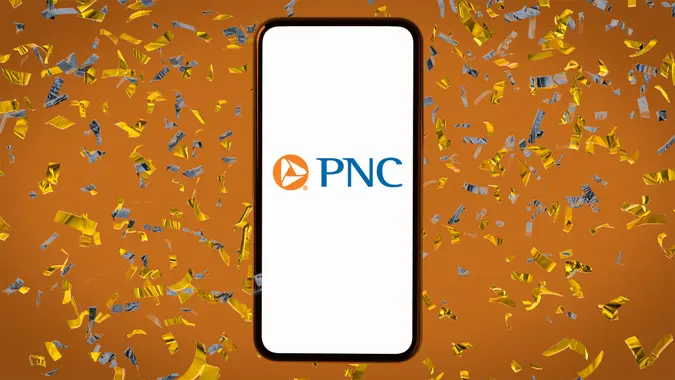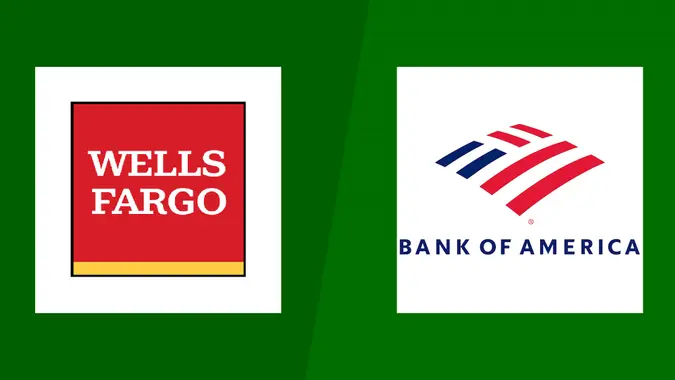What to Do with Money Sitting in the Bank: Top Options for 2025

Commitment to Our Readers
GOBankingRates' editorial team is committed to bringing you unbiased reviews and information. We use data-driven methodologies to evaluate financial products and services - our reviews and ratings are not influenced by advertisers. You can read more about our editorial guidelines and our products and services review methodology.

20 Years
Helping You Live Richer

Reviewed
by Experts

Trusted by
Millions of Readers
With the current economic climate, holding extra savings in your bank account offers both comfort and potential opportunities. While it’s reassuring to have funds readily available, these savings can also be an untapped resource for financial growth and stability. The key is to make strategic decisions that align with your personal and financial goals.
Best Options for Putting Your Money to Work
When it comes to managing money that’s just sitting in your bank account, there are several smart strategies you can employ. Each option offers different benefits and caters to various risk tolerances and financial objectives. Whether it’s diving into investment opportunities or paying off debt, every move you make can have a significant impact on how your savings grow and support your long-term financial well-being.
High-Interest Savings Accounts
High-interest savings accounts offer better returns than traditional savings accounts while keeping your money easily accessible.
- These accounts provide liquidity, meaning you can withdraw your funds anytime.
- They typically have higher interest rates than standard savings accounts, helping your money grow faster.
- Online banks often offer better rates than brick-and-mortar institutions.
Current rates to consider: Many high-yield savings accounts offer rates around 4% to 5% APY, though rates fluctuate.
Recommendation: Ideal for those who need easy access to their funds while still earning a competitive return.
Certificates of Deposit (CDs)
The best CDs offer guaranteed returns in exchange for locking up your money for a set period.
- Short-term CDs (3-12 months): Provide flexibility but lower interest rates.
- Long-term CDs (1-5 years): Offer higher interest rates but require a longer commitment.
Recommendation: Suitable for individuals who don’t need immediate access to their money and prefer a low-risk, predictable return.
Money Market Accounts
Money market accounts offer a mix of savings and checking features, often with better interest rates than regular savings accounts.
- They provide higher interest rates than traditional savings accounts.
- Many accounts come with check-writing privileges and debit card access.
Recommendation: A great choice for those who want better returns while maintaining accessibility to their funds.
Investment Options to Grow Your Money
If you’re comfortable taking on some level of risk, investing can provide better long-term growth compared to savings accounts.
Stock Market Investments
Investing in stocks offers high growth potential, though with some risk.
- ETFs and index funds provide diversification and lower fees.
- Dividend-paying stocks generate passive income in addition to potential price appreciation.
Recommendation: Best for those with a long-term investment horizon who can handle market fluctuations in exchange for higher potential returns.
Bonds and Fixed-Income Investments
Bonds offer a more stable, lower-risk investment option compared to stocks.
- Government bonds (such as U.S. Treasury bonds) are low-risk and backed by the government.
- Corporate bonds offer higher yields but come with slightly more risk.
While bonds provide steady returns and are ideal for capital preservation, they have lower growth potential compared to stocks.
Recommendation: Ideal for conservative investors who want a stable income stream while minimizing risk.
Real Estate
Investing in real estate can provide passive income and long-term appreciation.
- You can invest directly in rental properties or indirectly through real estate investment trusts (REITs).
- Real estate can act as a hedge against inflation.
Recommendation: Best for individuals looking for alternative investments with income potential and long-term appreciation.
Consider Using Your Savings for Personal Goals
Your money doesn’t always have to be invested–it can also serve personal financial goals.
Emergency Fund
Having an emergency fund ensures you’re financially prepared for unexpected expenses.
- Aim to save three to six months’ worth of expenses.
- Keep these funds in a high-yield savings account for easy access.
Recommendation: Crucial for anyone who doesn’t have a solid financial safety net.
Debt Repayment
Paying off high-interest debt is often the best use of extra cash.
- Credit cards and personal loans often carry high interest rates, costing more over time.
- Reducing debt improves your financial stability and credit score.
Recommendation: Best for those with high-interest debt who want to improve their overall financial health quickly.
Major Purchases or Investments
Saving for big purchases ensures you can pay in cash and avoid unnecessary debt.
- Common goals include buying a home, car, or funding education.
- Consider using a savings account, CD, or investment account based on your timeline.
Recommendation: Ideal for individuals who have a specific financial goal and want to plan ahead.
Risks of Keeping Money in a Standard Savings Account
While savings accounts are safe, they come with drawbacks:
- Low interest rates: Traditional savings accounts often offer below-inflation returns, reducing your purchasing power.
- Limited growth potential: Unlike investments, savings accounts don’t provide long-term wealth-building opportunities.
- Inflation erosion: If your savings don’t grow at the same rate as inflation, your money loses value over time.
Take Action to Make Your Money Work for You
Letting your money sit in a low-interest savings account means missing out on opportunities.
- Consider high-yield savings accounts, CDs, or money market accounts for better returns while maintaining accessibility.
- Explore stocks, bonds, or real estate if you’re looking for higher growth potential.
- Use extra savings for emergency funds, debt repayment, or major purchases to strengthen your financial future.
The key is to take intentional steps to grow your wealth while balancing risk and liquidity. If you’re unsure, consulting a financial advisor can help you determine the best strategy.
Editor's note: This article was produced via automated technology and then fine-tuned and verified for accuracy by a member of GOBankingRates' editorial team.
Our in-house research team and on-site financial experts work together to create content that’s accurate, impartial, and up to date. We fact-check every single statistic, quote and fact using trusted primary resources to make sure the information we provide is correct. You can learn more about GOBankingRates’ processes and standards in our editorial policy.
- Forbes. 2024. "7% Interest Savings Accounts: All You Need To Know."
 Written by
Written by  Edited by
Edited by 























